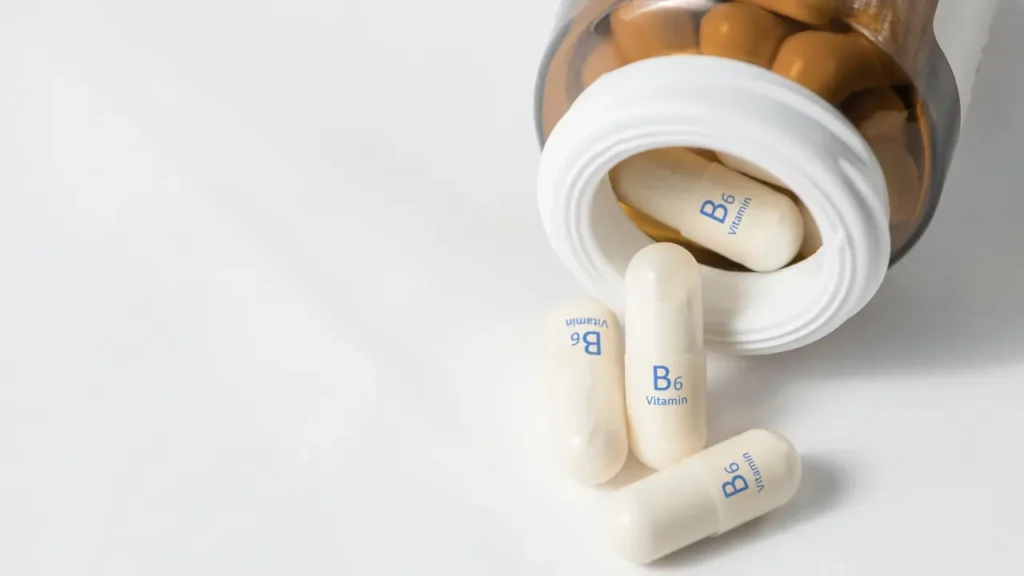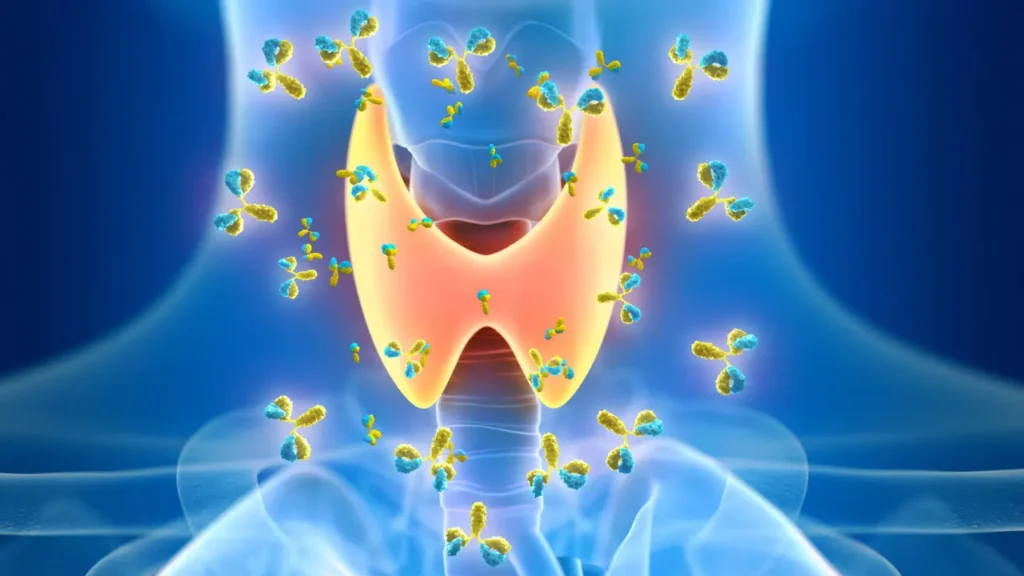Radishes are a type of root vegetable in the Brassicaceae family. Radishes have been farmed for generations due to their unique flavor and nutritional value. While radishes are widely consumed in culinary settings, recent studies have begun to identify their potential nootropic benefits. This article investigates radishes’ chemical composition, health benefits, appropriate dosages, probable adverse effects, substance interactions, and best practices for cognitive improvement.
You May Also Like:
Snake Skin: Benefits, Dosage, Side Effects, Drug Interactions, and Other Important Information
Radish: Benefits, Dosage, Side Effects, Drug Interactions, and Other Important Information is an original (NootropicsPlanet) article.
Nature of Radish
Radishes (Raphanus sativus) originated in Europe and Asia but are now grown all over the world. They are part of the Brassicaceae family, which includes broccoli, cabbage, and mustard plants. Radishes are crisp and they come in a variety of shapes, from round to elongated, as well as a variety of colors such as white, red, purple, and black. They are commonly consumed raw in salads, but they can also be cooked or pickled, providing culinary diversity in addition to nutritional value.
Health Benefits of Radish
Radishes offer a spectrum of health benefits, largely due to their rich composition of vitamins, minerals, antioxidants, and other phytochemicals:
- Cardiovascular Health: Radishes are a good source of anthocyanins, which are a type of flavonoid with antioxidant effects. These compounds have been associated with reducing the risk of cardiovascular diseases by improving blood vessel function and lowering blood pressure. The fiber content in radishes also helps to reduce cholesterol levels, further protecting heart health.
- Cancer Prevention: The glucosinolates in radishes are precursors to isothiocyanates, compounds that have been shown to inhibit various types of cancer cell growth in several studies. They achieve this by inducing apoptosis (programmed cell death) and inhibiting tumor angiogenesis (the growth of new blood vessels surrounding the tumor).
- Digestive Health: Radishes are high in fiber, which is beneficial for the digestive system. Fiber helps promote regular bowel movements and can relieve symptoms of constipation. Additionally, radishes are believed to help promote the production of bile. Bile is a critical digestive fluid that helps to digest fats and also acts as a natural laxative in the digestive system.
- Detoxification: Sulforaphane is a potent compound formed from the glucosinolates found in radishes. It plays a role in detoxifying harmful toxins in the body. It aids in the flushing out of toxins and reduces the burden on the body’s detoxification systems by stimulating liver function.
- Weight Management: Radishes are low in digestible carbohydrates, high in roughage, and contain a lot of water, making them an ideal food for those who wish to lose weight. The high fiber content also increases satiety levels, reducing the total amount of calories consumed.
- Skin Health: The high water content in radishes, combined with the presence of vitamin C, zinc, and B-complex vitamins helps to maintain healthy moisture levels in the skin. Vitamin C also aids in collagen production, which enhances skin elasticity and reduces the appearance of aging signs.
- Antifungal Properties: Radishes contain RsAFP2 which is an antifungal protein that has been shown to inhibit the growth of several fungal pathogens. This is particularly beneficial in managing fungal infections and contributing to overall immune health.
- Cognitive health: Radishes also have anti-inflammatory qualities that can help reduce neuroinflammation, which has been related to neurodegenerative illnesses such as Alzheimer’s and Parkinson’s. Its antioxidant capabilities also aid in reducing oxidative stress, which contributes to cognitive deterioration. Studies have revealed that the flavonoids in radishes enhance long-term potentiation in the hippocampus, a biological process that underlies memory and learning, thereby improving memory performance. Furthermore, radishes contain potassium, which improves brain function by increasing blood flow to the brain and enhancing neuronal activity.
Hence, it is clear that radishes give comprehensive health advantages via a variety of methods, including cardiovascular health, cancer prevention, digestion, detoxification, weight management, skin health, antifungal resistance, and most importantly cognitive health. This makes them an ideal addition to a well-balanced diet aimed at promoting general health and preventing disease.

Chemistry of Radish
The foundation of radishes’ (Raphanus sativus) health-promoting qualities is their chemical richness in a number of chemicals. Among these are glucosinolates which are sulfur-containing and this compound is specific to the Brassicaceae family. When radishes are broken down (by chewing, for example), the main glucosinolate, glucoraphanin, is metabolically changed into the beneficial chemical sulforaphane. Renowned for its antioxidant qualities, sulforaphane stimulates enzymes involved in detoxification and guards against oxidative damage.
Radishes are rich in flavonoids including quercetin and kaempferol in addition to glucosinolates, which support their antioxidant and anti-inflammatory properties. It is well known that these flavonoids scavenge free radicals, shielding cells from oxidative damage. Additionally, phenolic acids like cinnamic acid and ferulic acid found in radishes contribute to their antioxidant profile.
Radishes include vitamins and minerals that are also very important. They are an excellent source of folic acid, vitamin B6, and vitamin C, which are necessary for immunological response and neurotransmitter production. Last but not least, radishes also contain high levels of potassium, which are essential for the maintenance of electrolyte balance and healthy cell function.
Physiological Mechanisms of Action of Radish
Radishes’ physiological effect on cognitive performance can be mainly attributable to the biological pathways of their chemical constituents. Glucoraphanin activation produces sulforaphane which is essential as affects the Nrf2 pathway. The Nrf2 pathway is a vital regulator of the cellular antioxidant response. Sulforaphane increases the production of several antioxidant enzymes by activating this route, shielding brain cells from oxidative damage and inflammation. By significantly reducing oxidative damage and body inflammation, cognitive health can be well-maintained.
Radishes include flavonoids that enhance cerebral blood flow and improve vascular function. The maintenance of cognitive skills like memory and attention depends on the brain receiving a constant supply of oxygen and nutrients, which is made possible by this increased blood flow. Moreover, these flavonoids’ anti-inflammatory properties aid in lowering neuroinflammation, which is connected to a number of neurodegenerative illnesses.
Radishes provide folic acid and vitamin B6, which aid in the breakdown of homocysteine, an amino acid that, at high concentrations, has been linked to an increased risk of cognitive problems. These vitamins aid in the preservation of cognitive abilities and the prevention of degenerative brain disorders by preserving low homocysteine levels. Furthermore, the manufacturing of neurotransmitters like dopamine and serotonin, which affect mood, focus, and alertness, depends on these vitamins B.
Radishes have a variety of effects on the brain and cognitive health as a result of various physiological processes and chemical interactions, which makes them an important dietary addition for improving mental function and preventing cognitive decline.

Optimal Dosage of Radish
The heterogeneity in individual responses and the lack of extensive clinical research make it difficult to determine an optimal dosage for radishes in terms of their use for cognitive enhancement. Radishes are generally regarded as safe and nutritious when consumed as part of a balanced diet that includes other fruits and vegetables. Typically, one to two servings of radishes, which are roughly half a cup diced, can be incorporated into daily meals without risking overconsumption.
Potential Side Effects of Radish
While radishes are generally healthy for most people, excessive ingestion might cause some negative effects, particularly in those with pre-existing diseases. Radishes, for example, contain goitrogens, which can interfere with thyroid hormone production and exacerbate thyroid dysfunction. Furthermore, while high fiber content is helpful in moderation, excessive consumption might induce gastrointestinal irritation.

Potential Substance Interactions with Radish
Interactions between radishes and medications are not well-established. However, certain biochemical effects are noted to incite caution when using. For example, the anticoagulant properties of vitamin K in radishes may exacerbate the effects of blood-thinning drugs like warfarin, necessitating careful monitoring of consumption levels. Furthermore, the enzymatic activity caused by sulforaphane may influence the metabolism of certain medications, affecting drug efficacy and safety.
Best Responsible Use of Radish
To use radishes as a nootropic healthily, you should incorporate them within a varied diet that promotes overall brain health. This includes mixing radishes with other nutrient-dense foods that promote cognitive function, such as omega-3 fatty acids, antioxidant-rich veggies, and lean proteins. Monitoring one’s physical response to radishes, especially in the context of pre-existing health issues or drugs, is also critical for maximizing benefits while reducing hazards.
Radish:
Conclusion
You might have heard of radish before reading this article, but its nootropic properties may be unfamiliar to you. Radish is very often used in cooking and a lot of cuisines in different cultures, and it carries a lot of vitamins and minerals that are beneficial for health. Speaking of cognitive abilities, radish can effectively reduce neuroinflammation which can help with the onset of Alzheimer’s and Parkinson’s disease.
It can also improve memory performance because its flavonoids have been shown to enhance long-term potentiation in the hippocampus of the brain. Even if you are not looking for a nootropic, you can also take radishes to improve your skin health or maintain your weight. All in all, it is an excellent supplement that has a wide range of uses.

References:
- Choi, S. J., Park, C., & Shin, D. (2020). Protective effects of radish extract against neurotoxicity in mice and PC12 cells. Retrieved from: Journal of Medicinal Food, 23(5), 523–534.
- Manivannan, A., Kim, J., Kim, D., Lee, E., & Lee, H. (2019). Deciphering the nutraceutical potential of Raphanus sativus—A Comprehensive Overview. Retrieved from: Nutrients, 11(2), 402.
- Hwang, K., Hwang, Y., Hwang, H., & Park, N. (2022). Hepatoprotective Effects of Radish (Raphanus sativus L.) on Acetaminophen-Induced Liver Damage via Inhibiting Oxidative Stress and Apoptosis. Retrieved from: Nutrients, 14(23), 5082.
Important Note: The information contained in this article is for general informational purposes only, and should not be construed as health or medical advice, nor is it intended to diagnose, prevent, treat, or cure any disease or health condition. Before embarking on any diet, fitness regimen, or program of nutritional supplementation, it is advisable to consult your healthcare professional in order to determine its safety and probable efficacy in terms of your individual state of health.
Regarding Nutritional Supplements Or Other Non-Prescription Health Products: If any nutritional supplements or other non-prescription health products are mentioned in the foregoing article, any claims or statements made about them have not been evaluated by the U.S. Food and Drug Administration, and such nutritional supplements or other health products are not intended to diagnose, treat, cure, or prevent any disease.


